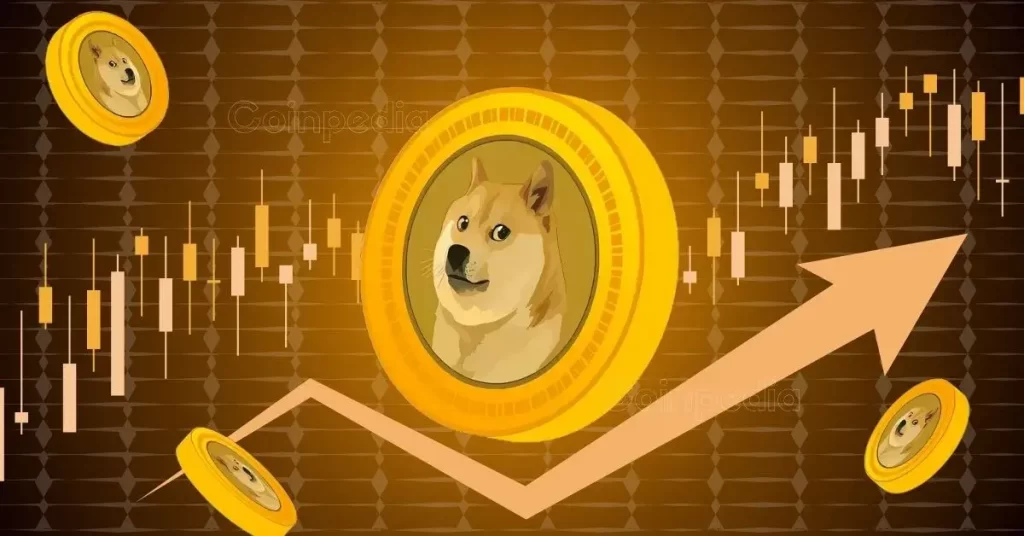ARTICLE AD BOX
Jim Cramer, the outspoken host of CNBC’s “Mad Money,” recently sparked discussions in the financial community with his latest views on Bitcoin, signaling a “major top” in the cryptocurrency’s value.
His tweet, discussing insights from trader Larry Williams, departed from his earlier bullish comments on Bitcoin. However, the Mad Money host did not divulge the details of said conversation.
Cramer’s tweet also drew attention to a CNBC article that discussed the differences between Bitcoin ETFs and traditional stock funds, notably pointing out the absence of certain protections for Bitcoin ETFs under the Investment Company Act of 1940.
The commentary adds to the ongoing debate about the safety and nature of crypto investments compared to traditional financial instruments.
Oscillating views
The financial commentator’s recent bearish turn on Bitcoin marks a stark contrast from his earlier bullish stance, where he lauded the cryptocurrency as a “technological marvel” and acknowledged its resilience and high price.
Just a week prior, Cramer had praised Bitcoin’s strong market performance, only to shift his viewpoint significantly within days.
The Mad Money host has changed his opinion about Bitcoin three times in the past three weeks, with his bullish sentiment lasting just about a week from Jan. 2 to Jan. 9. The latest statement is more on par for Cramer, who has long been a critic of Bitcoin and cryptocurrencies.
This oscillation in Cramer’s opinions has been a point of interest and debate among investors and market analysts. While his views are highly influential in mainstream financial media, the impact of his advice on Bitcoin’s actual market dynamics appears to be minimal.
‘Reverse Cramer’ Effect
Intriguingly, Cramer’s commentary on Bitcoin and other financial matters has led to what some in the crypto community call the “reverse Cramer” effect.
This term describes a phenomenon where some traders and investors often take his market predictions as counter-indicators. For instance, when Cramer expresses a bullish sentiment, it might lead some to anticipate a downturn and vice versa.
Some have even gone as far as to create an “Inverse Cramer ETF” that bets against his analysis regularly. The ETF is currently down roughly 11% since its inception in March 2023.
This effect highlights the complex and sometimes contradictory relationship between public commentary and market movements, especially in the highly volatile crypto sector. It suggests that while public figures can influence market perceptions, the actual market movements might go against these predictions due to various underlying factors and investor psychology.
As market watchers and investors digest Cramer’s latest views, there is heightened interest in understanding how his opinions might influence broader market trends in the crypto space.
Given the sector’s known volatility and sensitivity to various factors, including regulatory changes and global economic conditions, the real impact of such predictions remains a subject of speculation and debate.
The post Jim Cramer calls “major top” for Bitcoin a week after praising its growth appeared first on CryptoSlate.
.png)
 11 months ago
7
11 months ago
7








 English (US)
English (US)